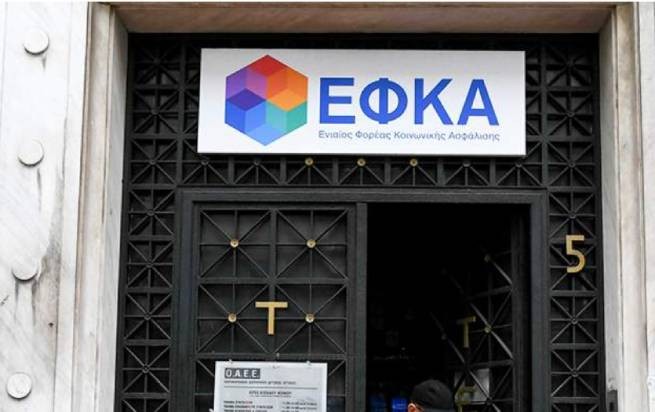Experts compared the cost of food in Greek supermarkets with prices in other European countries and… they shed tears. Inflation and low wages have led to the fact that the Greek consumer compared to the residents of the countries EU looks like a “poor relative”.
In our daily life, the supermarket is an integral part of everyday life. We buy groceries and essentials there, but lately the overall cost of shopping has become a headache for many Greeks.
If prices in domestic (Greek) supermarkets are compared with the average in other European countries, an interesting picture emerges: prices in Greece are often higher, while wages in Greece are lower.
The phenomenon of “rising food prices”, according to experts, can be attributed to many factors, but the combination with the low purchasing power of the Greek consumer due to very low wages makes the daily life of Greeks quite difficult.
In September 2023 food inflation in our country (for the first time since March 2022) decreased to a single digit. According to Eurostat, this is 9.6%, which is higher than the Eurozone average (9.1%) for the same period. While price increases for some staples such as milk and yoghurt have eased, domestic prices for some other important food products remain high compared with their eurozone counterparts.
According to ELSTAT, in October 2023, there was an increase in general prices for wholesale products by 8.5-9%. So which product categories are the bone of contention compared to European markets? It is noteworthy that for 1 kg of branded frozen vegetables the price in Greece is 10.5 euros, and in Luxembourg – 7.9 euros.
Even a kilogram of yogurt in Greece costs twice as much as in Luxembourg, where the average price of a fermented milk product in supermarkets is 4 euros. The price of feta in Germany is half that in Greece (Here I don’t agree here. It’s just that no one eats feta in Germany. Raise the price on it – they won’t buy it at all! – approx. author).

Another product that is especially used by Greek households is cereals. In Greece, the price of a kilogram of cereal can reach from 7 to 10 euros, in contrast to Belgium, where the corresponding product is sold for 6 euros.
In the UK, a country outside the monetary union, and in most European countries (with much higher wages), a consumer can find butter cheaper in stores than he would buy it in Greece.
How are things going in the domestic market with branded and non-branded products? In Greece, a liter of private-label cow’s milk sells for €1.12 and can reach €2.28 if it is a branded product, according to the competition commission. And this makes Greece the second most expensive country in the European Union for cow’s milk!
As for washing powders, the numbers are simply “breathtaking”. According to the Competition Commission report, products of large transnational companies in our country are 3 times more expensive compared to the cheapest in the EU countries.
Even olive oil is becoming a luxury item in Greece. The “first” oil of this year’s harvest has risen in price by 120% compared to 2021 and reached 9.25 euros per liter. This fact has led to a new “explosion” in prices for cans (τενεκέδων) of extra virgin olive oil, which, compared to last year, cost almost 100 euros more!
The price of a can from 85 euros (previously) increased to 120 euros in April last year and today is 170 euros (for the same displacement).
https://rua.gr/news/bissecon/58500-olivkovoe-maslo-predmet-roskoshi-kontejner-po-tsene-170-evro.html
Producers predict a reduction in olive production of up to 43%. This is due to the drought that has affected all Mediterranean countries and caused problems with crop yields.
With 90% of this year’s harvest, Greece is the third largest olive oil producing country in the world after Italy and Spain. More than 132 million olive trees are grown on Greek soil and approximately 300,000 tons of olive oil are produced annually. Despite this, prices jumped quite high, becoming unattainable for the “modest” capabilities of Greek consumers.
The situation makes the daily life of Greeks even more difficult compared to EU residents if one also compares the minimum wage. According to ELSTAT, in Greece it is slightly below 800 euros, at 780, which is particularly low, while in other Mediterranean countries, such as Spain, the salary is 1260 euros. In Germany, the minimum hourly wage is 12 euros, which is three times higher than in Greece, and in France the “minimum wage” exceeds 1,700 euros. Finally, in Britain and Luxembourg, an adult worker is paid (at a minimum) more than two thousand euros per month.
As one can imagine, this is a particularly difficult and unequal situation for the Greek consumer, perhaps even a matter of survival.







More Stories
Tax Returns: Key Steps to Resolving Tax Returns "imputed income"
They don't want to transport electric cars on ferries. Authorities' reaction
Real estate: investment interest in private islands in Greece